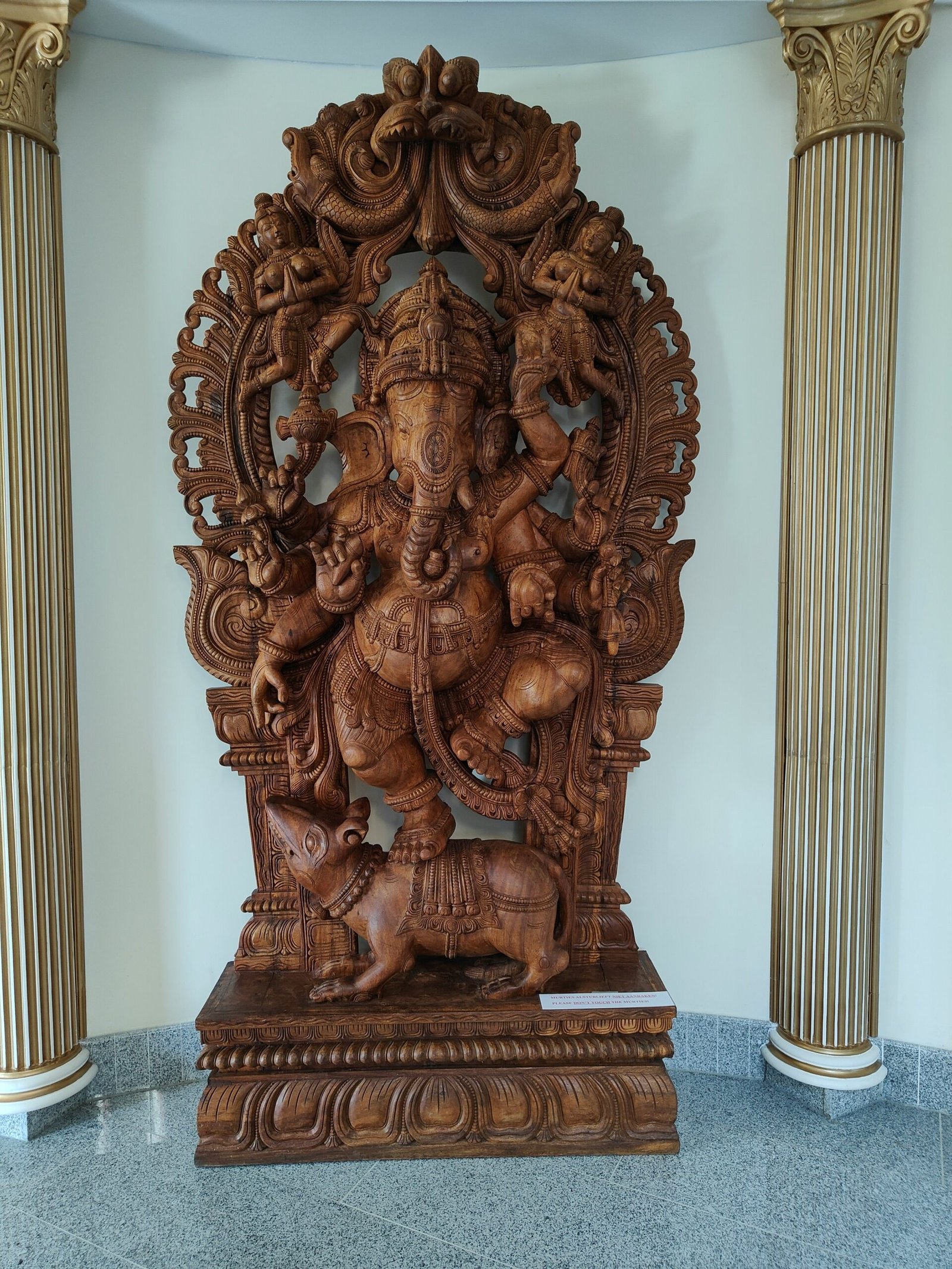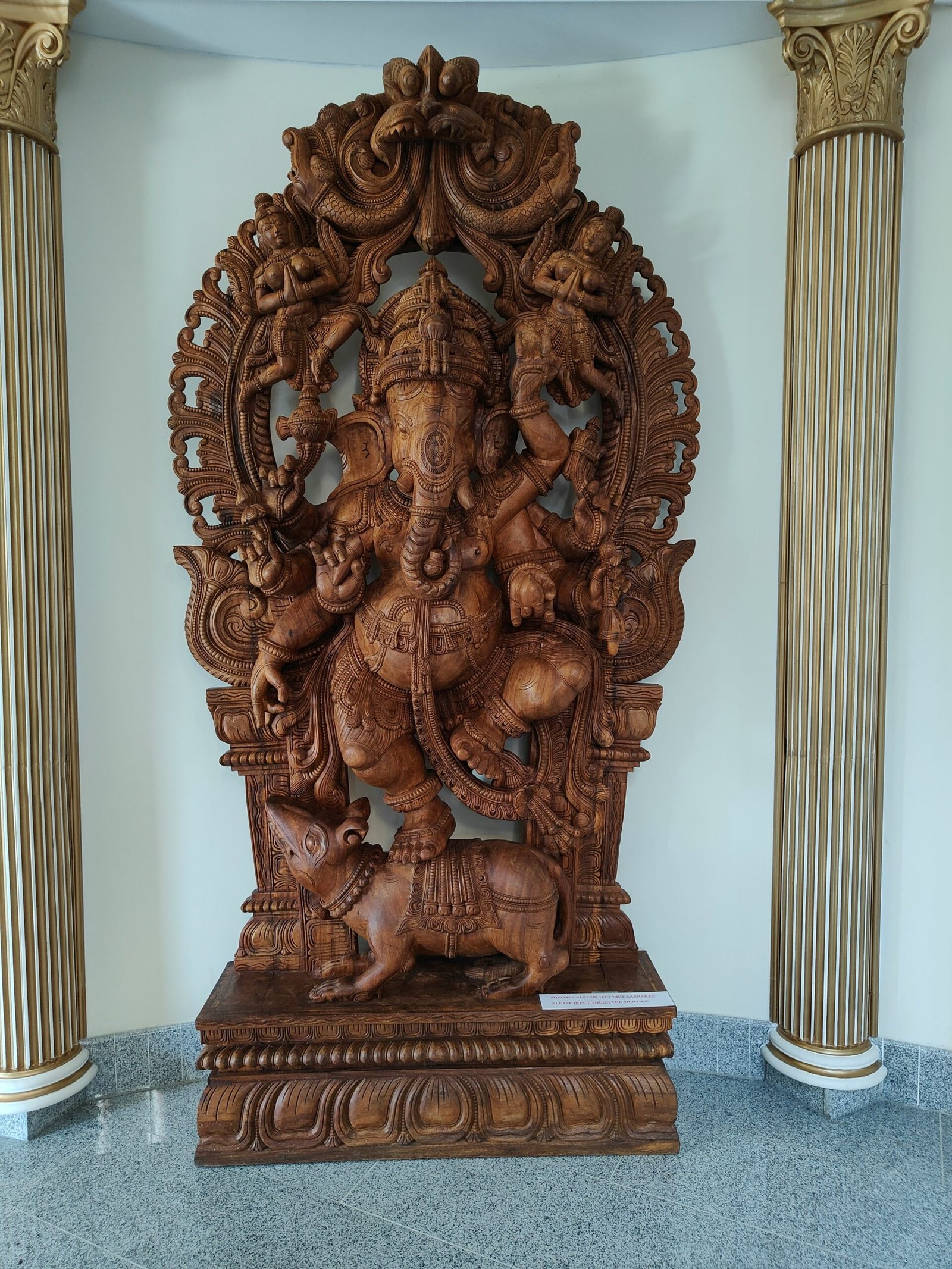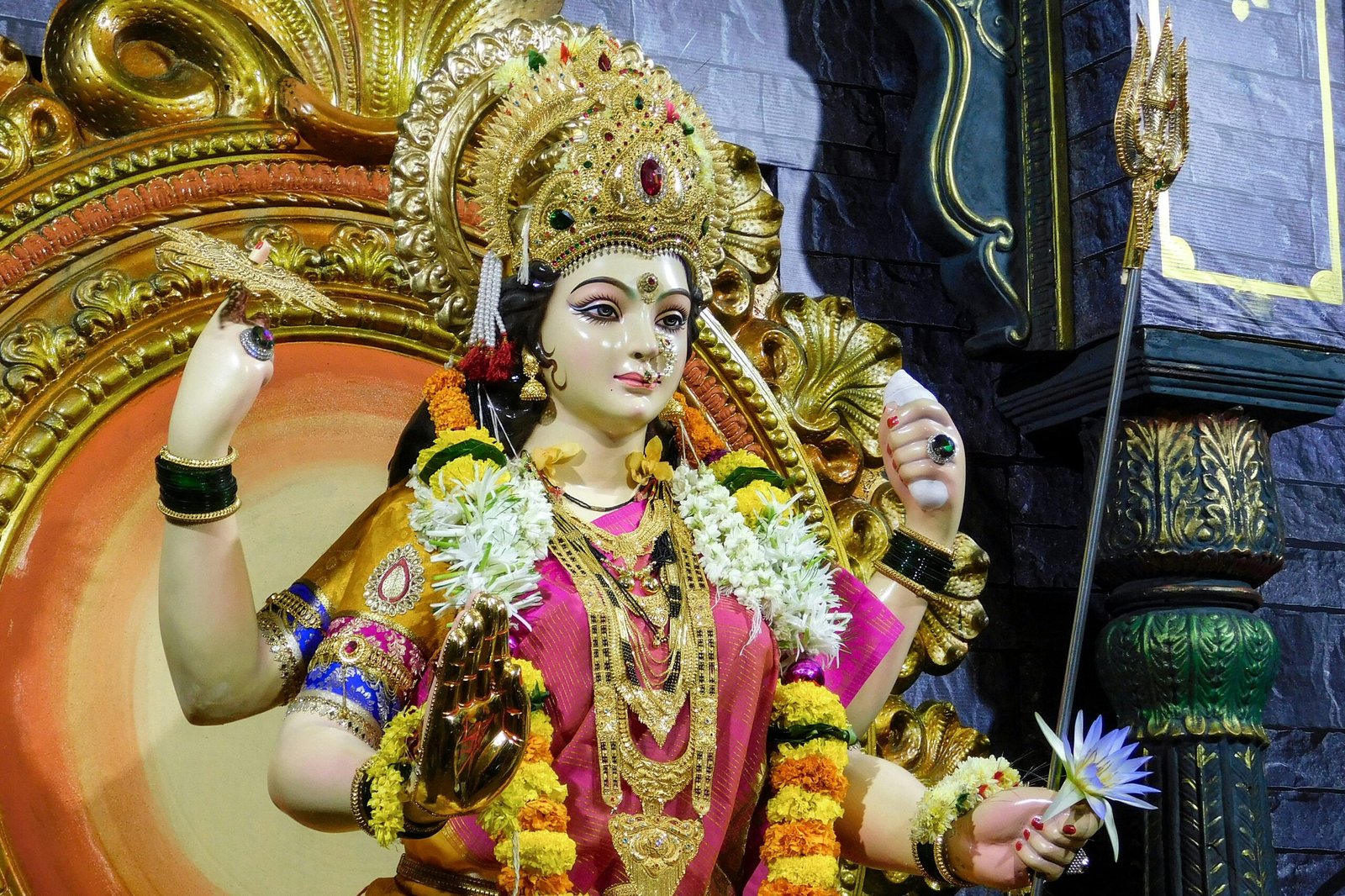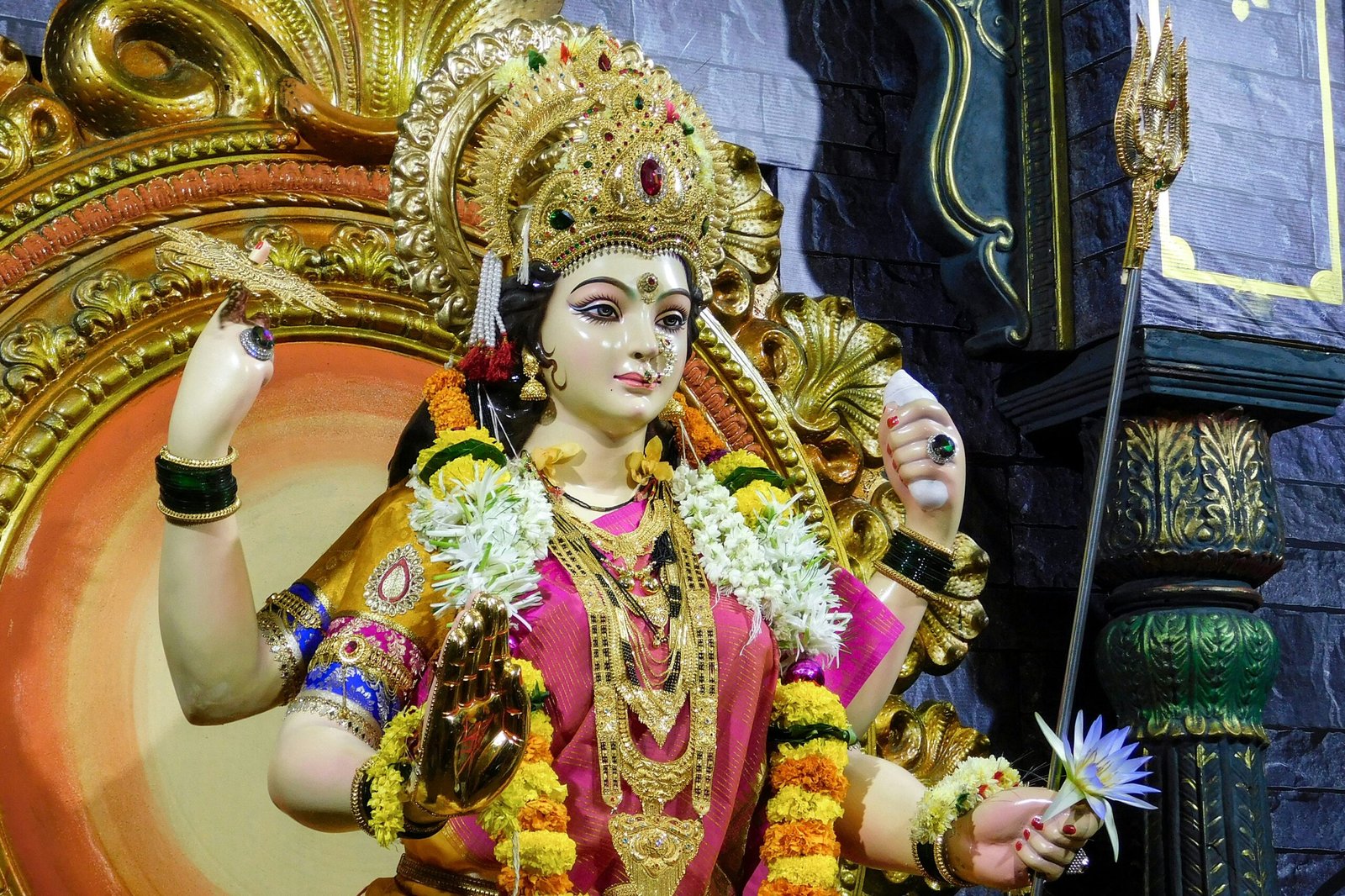
Overview of Shree Suktam
Shree Suktam is an eminent hymn in Hinduism, dedicated to Goddess Lakshmi, who symbolizes wealth, prosperity, and well-being. The hymn is composed of fifteen verses, each extolling the virtues of the goddess and seeking her divine blessings. The origins of Shree Suktam can be traced back to the Rigveda, one of the oldest and most significant texts in Vedic literature, highlighting its profound historical and spiritual value.
The composition of Shree Suktam is in Sanskrit, rich with poetic and devotional fervor. Each verse intricately describes the qualities of Goddess Lakshmi, portraying her as the epitome of abundance and benevolence. The hymn not only glorifies her but also beseeches her to bestow wealth and prosperity upon the devotees. The recitation of Shree Suktam is considered highly auspicious, often performed during various ceremonies and rituals dedicated to the goddess.
Historically, Shree Suktam has been preserved through oral traditions, ensuring its transmission from one generation to the next. It holds a special place in Hindu rituals and is frequently recited during festivals like Diwali and Lakshmi Puja, where devotees seek the goddess’s blessings for financial stability and well-being.
Chanting or listening to Shree Suktam is believed to attract myriad benefits. Devotees claim that regular recitation can lead to enhanced prosperity, success in ventures, and overall well-being. It is also thought to purify the mind and surroundings, creating an environment conducive to positive growth. The spiritual vibrations generated by the hymn are said to invoke the presence of Goddess Lakshmi, thereby bringing divine grace and abundance into one’s life.
In essence, Shree Suktam is not merely a hymn but a powerful spiritual tool revered in Hinduism. Its significance transcends the material realm, offering devotees a pathway to both spiritual and material enrichment through the blessings of Goddess Lakshmi.
Shree Suktam in Festivals and Rituals
The Shree Suktam holds a revered place in Hindu festivals and rituals, particularly those dedicated to Goddess Lakshmi. During major events like Diwali and Navaratri, the recitation of Shree Suktam is central to the ceremonies. Diwali, the festival of lights, is celebrated to honor the return of Lord Rama to Ayodhya, and it also involves worshipping Lakshmi for prosperity and wealth. During this festival, devotees recite Shree Suktam to invoke the goddess’s blessings, ensuring their homes are filled with abundance and joy.
Navaratri, a nine-night festival, is another significant occasion where Shree Suktam is chanted. Each night is dedicated to different forms of the goddess, and reciting Shree Suktam is believed to bring divine grace and prosperity. These recitations are often done during specific times, such as the early morning or evening, to maximize their spiritual benefits. Devotees follow strict rituals, including lighting lamps and offering flowers, to create an ambiance conducive to divine presence.
Beyond these major festivals, Shree Suktam is also integral to other ceremonies like Lakshmi Puja, performed on Fridays or during important life events such as housewarming and weddings. The chanting of Shree Suktam during these rituals is seen as a way to invite prosperity and harmony into the new phase of life.
Personal testimonials from devotees highlight the significance of Shree Suktam. Many recount experiences where regular recitation has brought positive changes in their lives, from financial stability to overall well-being. These anecdotes underscore the deeply personal and transformative impact of this ancient hymn.
Regional variations in the recitation of Shree Suktam also exist across India. In some parts of South India, for instance, the hymn is chanted with specific musical intonations unique to the region. Despite these variations, the core purpose remains the same: to honor Goddess Lakshmi and seek her blessings.
Through its integration in various festivals and rituals, Shree Suktam continues to be a vital spiritual practice for devotees seeking the grace and blessings of Goddess Lakshmi.



